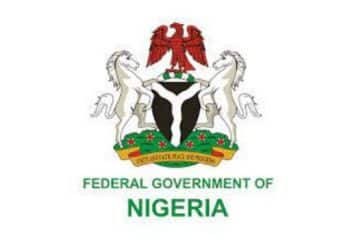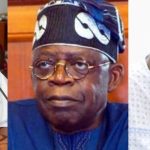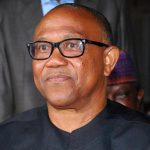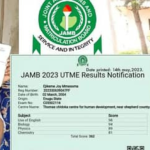The Federal government is seeking the support of stakeholders in the Nigerian education sector to evolve a new approach to help education in the country as the ‘white-collar-focused’ system can no longer support national development.
Speaking at the official launch of the Innovation Development and Effectiveness in Acquisition of Skills (IDEAS) Project, at the State house Abuja on Monday, the Minister of Education Adamu Adamu said the successful implementation of the IDEAS Project would further help Nigeria to grow its economy.
He also emphasised the importance of monitoring and evaluating towards achieving the objectives of the project.
The Minister, who was represented at the event by the Permanent Secretary of the Ministry of Education, Andrew Adejoh, stressed that the training workshop provides monitoring and evaluation officers with the opportunity to improve their capacity to effectively carry out their assigned activities across all four project components.
The Minister, who thanked the World Bank for providing the necessary support for the national project launch technical session to be able to get the result, also emphasised that the training was meant to achieve the sole aim of strengthening, monitoring and evaluation capacity in the management of the IDEAS Project.
The Federal Ministry of Education organised the workshop in collaboration with the World Bank in its determination to ensure the success of the IDEAS project.
World Bank is supporting the IDEAS Project in six state of Edo, Gombe, Kano, Ekiti, Benue and Abia with the sum of $200 million credit facility for implementation.
In his Keynote address, The Chairman of the Nigeria Governors Forum and Governor of Ekiti State Kayode Fayemi, spoke on the topic “Re-engineering the Nigerian mind from white collar to blue collar enterprises”.
Also Read: FG distances self from arrest of Abuja-Kaduna train lead negotiator in Egypt
The governor who was represented by the Ekiti State Commissioner for Education, Science, and Technology, Mrs. Olabimpe Aderiye noted that the focus of education in Nigeria, which he said was bequeathed by the colonial administrations has drastically fallen behind in the contemporary world, making it mandatory for governments at all levels, in the country to seek a more fitting system of education for today’s world.
According to him, today’s world requires digital, entrepreneurial and vocational skills, accompanying the conventional education, for any nation to catch up with the rest of the world, charging all stakeholders, including government, to urgently come up with the needed redirection to a system able to proffer solutions to Nigeria’s myriad of challenges.
“On a general note, education is an essential aspect of civilization and it is an impetus for individual and societal growth and development. Therefore, no contemporary nation can toy with her educational system because the educational system of a country will speak volume about her progress.
“The educational system bequeathed to us by our colonial masters and the current system of education in Nigeria are gradually being overtaken by civilization and technological advancement, manifesting in artificial intelligence, automation robotics and the likes, thereby resulting in educational policy summersault and labour market congestion, with its attendant vices.
“Arising from this standpoint therefore, there is the urgent need to rejig our educational system to proffer solutions to the avalanche of challenges confronting us as a nation. It is high time we tackled the menace with strong determination for a paradigm shift from the white collar to the blue-collar enterprises”, he said.
Also speaking at the event, the Country Director of World Bank in Nigeria, Mr. Shubham Chaudhuri, urged the benefitting states to make a judicious use of the funds to improve the education sector in their states.
He urged stakeholders to approach the implementation of the project with every sense of urgency In order to achieve maximum results,adding that time is of the essence.
Editor: Ebuwa Omo-Osagie






